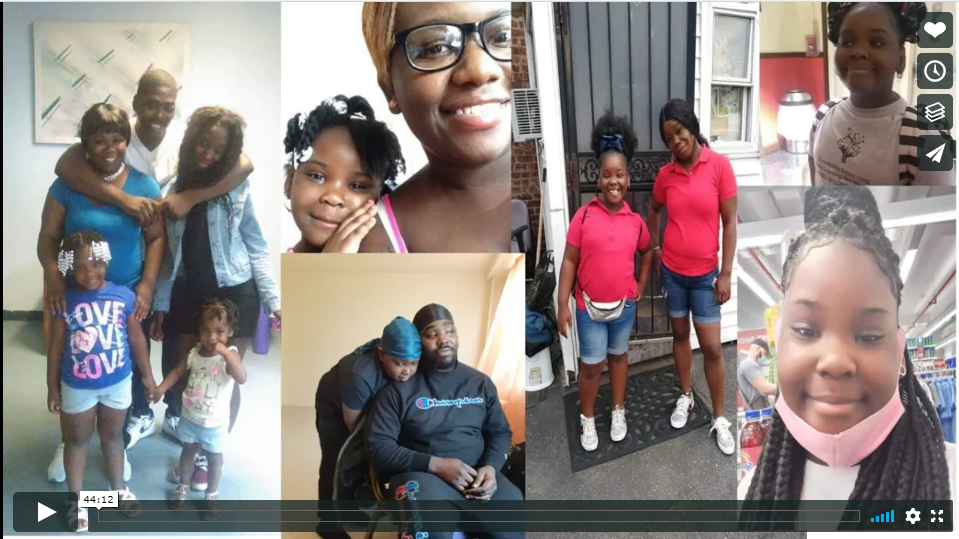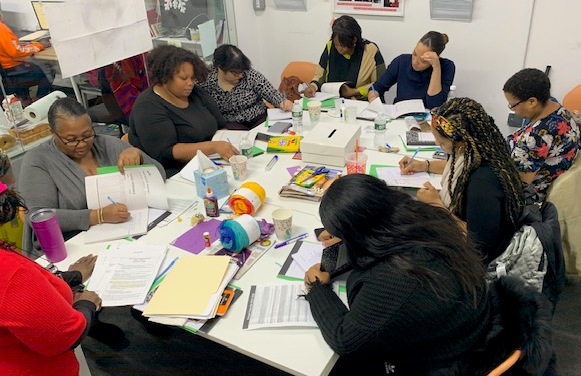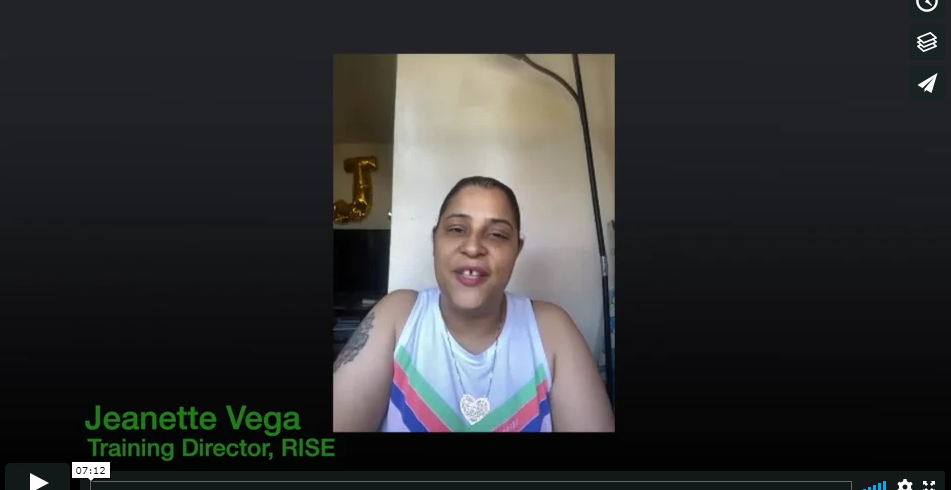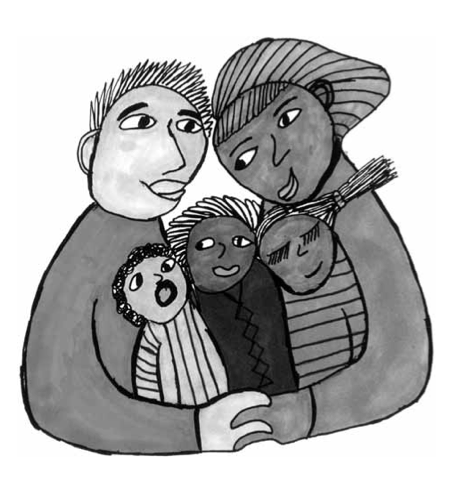Parents can be charged with so-called “derivative neglect” of a newborn if a previous child entered foster care. Here, Emma Ketteringham, managing director of The Bronx Defenders’ Family Defense Project, explains how pregnant parents can get support and protect their rights.
Posts By: Rise
Rise & Shine: 2020 Graduation Video
July 08, 2020 by
Congratulations 2020 Rise & Shine graduates!
Rise Is Hiring: Community Coordinator
July 08, 2020 by
Rise is hiring a full-time Community Coordinator to mobilize NYC parents impacted by the child welfare system to develop a Parents’ Platform for community investment and community-based approaches to preventing and repairing harm. The ideal candidate is a parent who has been personally impacted by the child welfare system, is experienced in leading teams and facilitation, and has worked as an advocate in child welfare and/or community justice movements. Learn more and apply!
2020 Reunification Month Video
June 30, 2020 by
Happy Reunification Month to all the families who have reunified! You did it! Congratulations!
This 2020 Reunification Month video was developed collaboratively by the ACS Workforce Institute, NYC Parent Advocates Council and Rise leaders. It is for child welfare-impacted parents, by parents who have had similar experiences.
Supporting Families of Color: How Racial and Complex Trauma Affect Parents of Color Navigating Family Court During the Time of COVID and Beyond — A Report by Tricia Stephens, LCSW-R, Ph.D.
June 24, 2020 by
This report by Tricia Stephens, LCSW-R, Ph.D. is intended to provide family court officers and child welfare professionals who engage with child welfare involved (CWI) parents, introductory knowledge on the trauma-informed approach. Readers will be introduced to the importance of using the trauma-informed approach in their work with CWI parents, with a focus on the impact that language has on the way in which CWI parents are depicted and responded to in the courtroom. Definitions of key terms are provided first, followed by an overview of the trauma-informed approach and its application to working with CWI parents. Since the onset of the COVID-19 pandemic, this report has been updated to include recommendations for trauma-informed practices that best support families during a period of collective/shared trauma. Then the section titled, “What parents want you to know”, provides direct input from parents on their experiences, needs and perspectives. Finally, a composite vignette which compares traditional language to trauma-informed language is presented.





